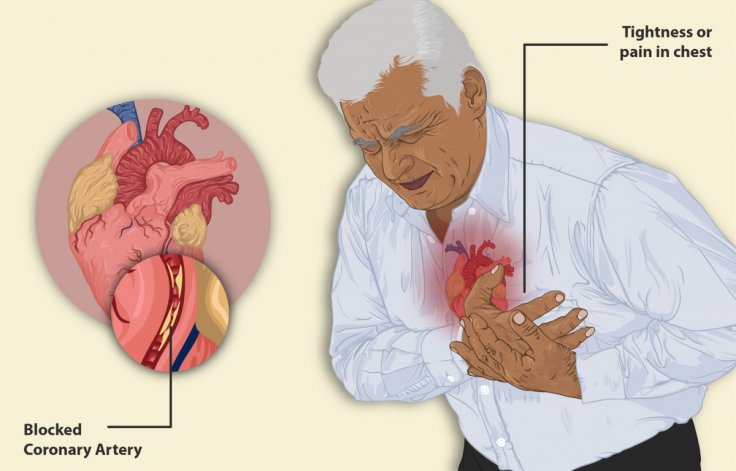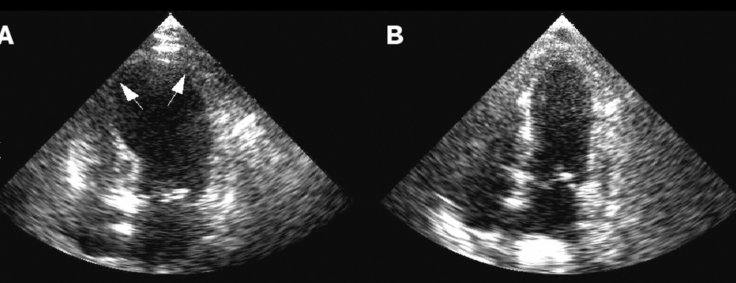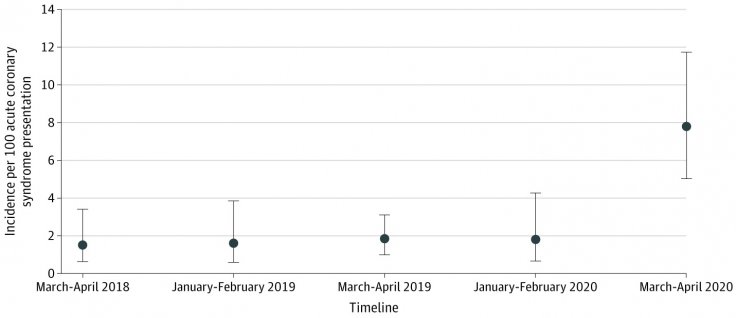You might have come across the term 'broken heart syndrome' from Dr House MD television series when Dr Gregory House made the diagnosis in episode 11 of season 3. While it might have sounded just made up, it is actually real. And the ongoing Coronavirus pandemic has increased the number of cases of such disease.
A recent study by the Cleveland Clinic in two hospitals in Ohia, United States found that there was an eight percent rise in such cases, medically known as Takotsubo cardiomyopathy. During the study, 1,914 patients were examined over a two-month period. Out of them, 258 patients had been hospitalized in March-April with acute coronary syndrome. The researchers compared them to the patients who had shown similar symptoms.

What Is Broken Heart Syndrome?
The broken heart syndrome (BHS) is a result of extreme physical or emotional stress that is experienced generally after death of loved ones or a break-up. In this condition, the sudden burst of stress hormones or catecholamines — such as adrenaline and norepinephrine — causes heart muscles to abruptly weaken and chest pain also known as cardiomyopathy.
As per Mayo Clinic, people with BHS complain of sudden chest pain and think they're having a heart attack. The temporary condition disrupts the heart's normal pumping function that causes the pain. But this disruption to only a part of the heart while the rest of it functions normally.
BHS was first identified by Japanese scientists in 1990. Takotsubo in Japanese means octopus trap as the left ventricle of the heart takes the shape during BHS.

Significant Increase in Such Cases
They came to the conclusion that the heart anomaly increased four to five times than the pre-pandemic stages when only 1.5 to 1.8 percent of such cases were found among the cardiomyopathy patients.
While the exact reason for the stress cardiomyopathy is unknown, Dr Ankur Kalra, a Cleveland Clinic cardiologist in the Sections of Invasive and Interventional Cardiology and Regional Cardiovascular Medicine, said that it could be due to the stress brought in by financial and emotional stress due to COVID-19 pandemic.
"The stress can have physical effects on our bodies and our hearts, as evidenced by the increasing diagnoses of stress cardiomyopathy we are experiencing," added Kalra, who was the lead author of the study.
Patients with such cases generally recover within days or weeks but such conditions can cause major cardiac and cerebrovascular or heart-attacks and heart failures that can be fatal. Dr Grant Reed, director of Cleveland Clinic's STEMI, co-author of the study, said that self-care during the difficult times of pandemic is crucial.

"While the pandemic continues to evolve, self-care during this difficult time is critical to our heart health, and our overall health. For those who feel overwhelmed by stress, it's important to reach out to your healthcare provider. Exercise, meditation and connecting with family and friends, while maintaining physical distance and safety measures, can also help relieve anxiety," he added, concluding that further studies are required in this area to see if the trend is present in other countries.
However, such physiological and psychological effects on people are not uncommon as many other health effects including damage in the brain due to the virus (even with mild symptoms) have been reported.









